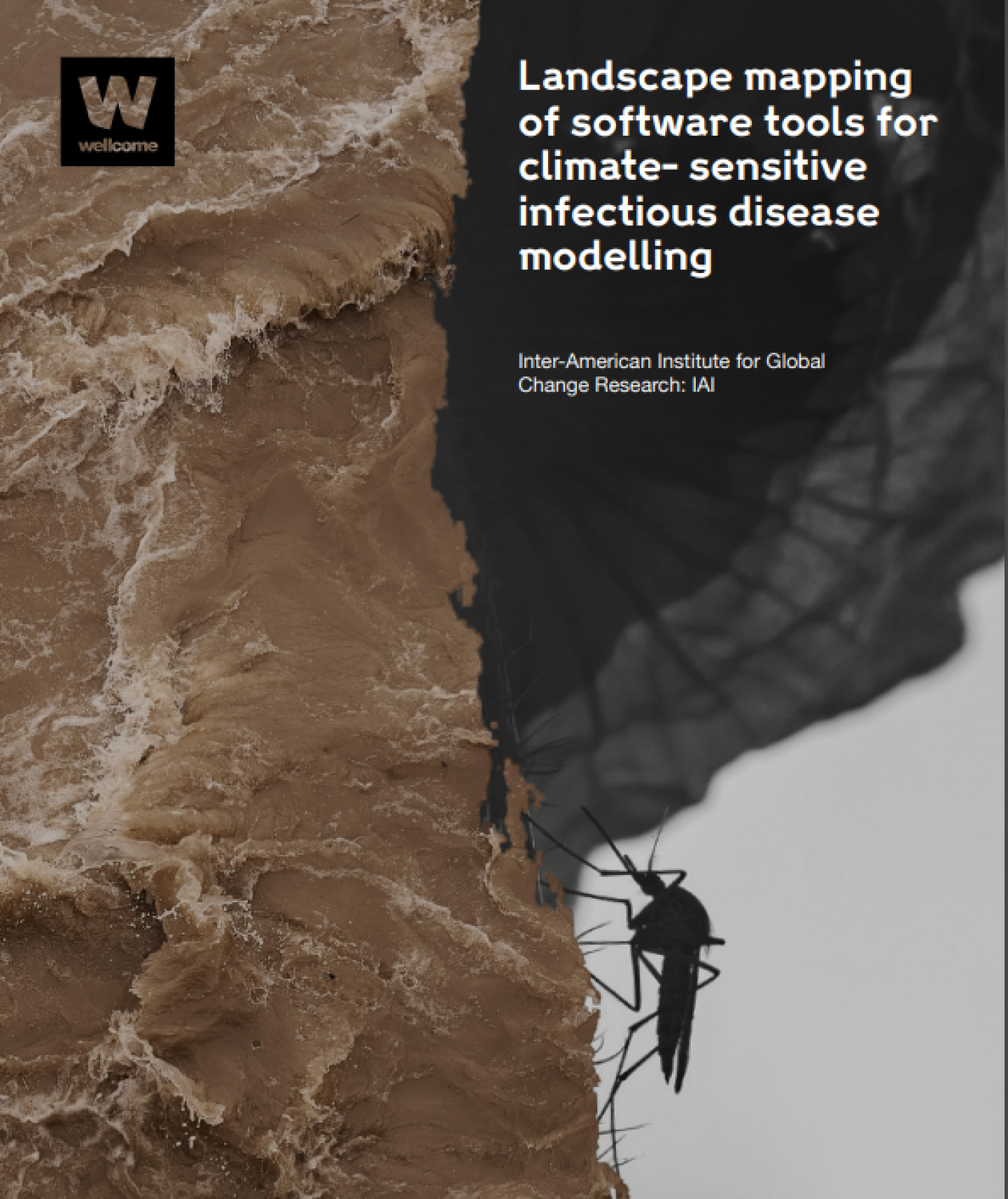New center will enhance capability for timely, effective decision-making to improve outbreak response using data, models, and analytics
Quality criteria for the evaluation of climate-informed early warning systems for infectious diseases
In the context of infectious disease epidemics, the use of climate-informed early warning systems has the potential to increase the effectiveness of disease control by intervening before or at the beginning of the epidemic curve, instead of during the downward slope.

Landscape mapping of software tools for climate-sensitive infectious disease modelling
Climate-informed infectious disease models have the potential to become powerful tools to support public health decision making. This project aimed to identify existing software tools at the intersection of climate and infectious diseases, and to identify opportunities for the development of tools.
Climate Change 2022: Mitigation of Climate Change
Provides an updated global assessment of climate change mitigation progress and pledges, and examines the sources of global emissions.
Climate Change 2022 Impacts, Adaptation and Vulnerability
Summary for Policymakers. Working Group II contribution to the Sixth Assessment Report of the Intergovernmental Panel on Climate Change.
WHO World Malaria Report 2021
Each year, WHO’s World malaria report offers in-depth information on the latest trends in malaria control and elimination at global, regional and country levels. The report highlights progress towards global targets and describes opportunities and challenges for curbing and eliminating the disease. This year’s report includes a special analysis on the impact of disruptions to malaria prevention, diagnosis and treatment during the COVID-19 pandemic.
The 2021 report of the Lancet Countdown on health and climate change: code red for a healthy future
The Lancet Countdown is an international collaboration that independently monitors the health consequences of a changing climate. Publishing updated, new, and improved indicators each year, the Lancet Countdown represents the consensus of leading researchers from 43 academic institutions and UN agencies.
IPCC Sixth Assessment Report
The Working Group I contribution to the Sixth Assessment Report, Climate Change 2021: The Physical Science Basis is now out. The report addresses the most up-to-date physical understanding of the climate system and climate change, bringing together the latest advances in climate science, and combining multiple lines of evidence from paleoclimate, observations, process understanding, and global and regional climate simulations.
Projecting the risk of mosquito-borne diseases in a warmer and more populated world
Mosquito-borne diseases are expanding their range, and re-emerging in areas where they had subsided for decades. The extent to which climate change influences the transmission suitability and population at risk of mosquito-borne diseases across different altitudes and population densities has not been investigated. The aim of this study was to quantify the extent to which climate change will influence the length of the transmission season and estimate the population at risk of mosquito-borne diseases in the future, given different population densities across an altitudinal gradient.
